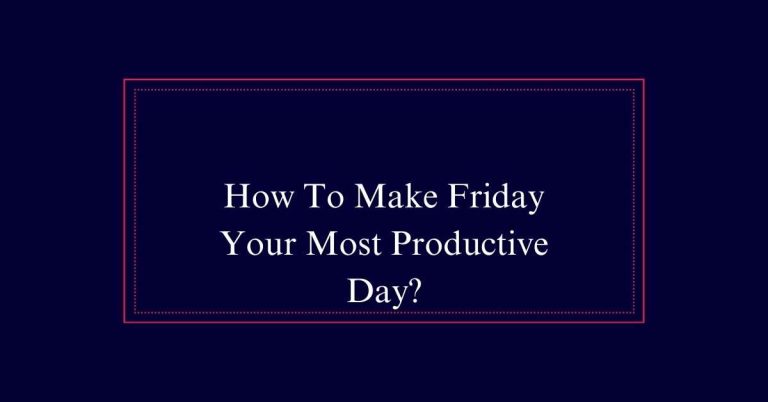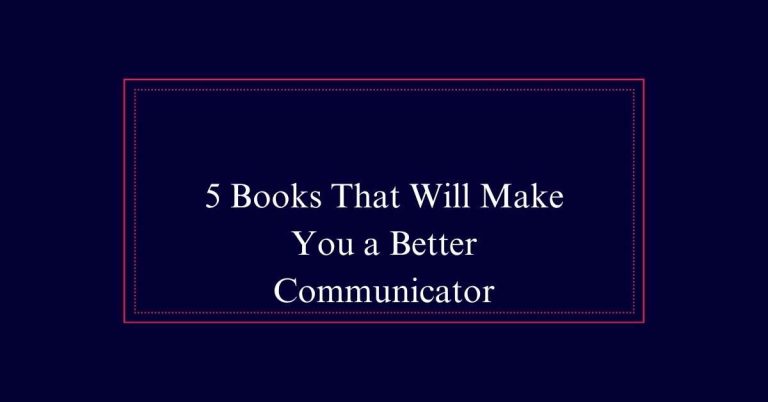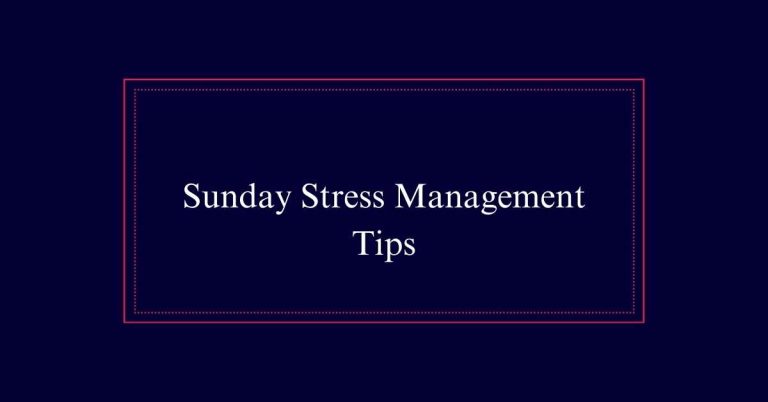How to Say No Without Feeling Guilty?
You can say no without feeling guilty by understanding your priorities and politely communicating them. Set clear boundaries based on your job description and respect your own time. Politely refuse by thanking people for considering you, clearly stating your limitations, and offering alternatives if possible. This approach maintains good relationships and helps you avoid taking on too much. Saying no protects your time, reduces stress, and keeps you productive. If you’re clear and respectful, people will understand.
Saying No at Work
In the workplace, saying no can be a challenging but necessary skill. You might feel pressured to help with tasks outside your role, like providing tech training to a colleague. However, politely refusing is crucial. It guarantees you’re not overextending yourself and that your colleague, like Sue, finds a dedicated teacher who can truly help her.
Setting boundaries helps maintain healthy work relationships. When you say no, you’re showing respect for your own time and abilities. It also sets a clear precedent for future requests, helping you manage your workload better.
Understanding Job Descriptions
Understanding your job description is key to knowing when to say no. It outlines your responsibilities and tasks. If a request falls outside these duties, it’s okay to refuse. This helps you stay focused on your main job. Check your job description regularly to remind yourself of your role.
When asked to do something extra, compare it to your job description. If it doesn’t match, politely decline. You can explain that it’s not part of your duties. Offer alternative solutions if possible, like suggesting someone else or a resource.
Saying no based on your job description sets clear boundaries. It guarantees you’re not overburdened. This keeps your work efficient and less stressful. Knowing your role makes saying no easier and guilt-free.

Benefits of Refusal
Saying no can protect your time and energy. When you refuse extra tasks, you can focus on your own priorities. This reduces stress and prevents burnout. You’ll also have more time for personal interests and self-care. Saying no helps you maintain a healthier work-life balance.
Refusing requests can improve your relationships. You won’t feel resentment from overcommitting. People will respect your honesty and limits. By being clear about your boundaries, you set a positive example for others.
Additionally, saying no can enhance your productivity. You’ll avoid spreading yourself too thin and can deliver higher quality work. This boosts your confidence and job satisfaction. Remember, it’s okay to prioritize your well-being and professional goals.
Setting Boundaries
To protect your time and energy, you need to set clear boundaries. Start by identifying your priorities. What tasks are essential, and what can you delegate? Let others know your limits. Be honest and direct about what you can and can’t do.
Communicate your boundaries early. Don’t wait until you’re overwhelmed to say no. It’s easier to set limits from the beginning.
Practice saying no in a polite but firm manner. You don’t need to explain in detail; a simple “I can’t take this on right now” works.
Polite Refusal Techniques
Mastering polite refusal techniques lets you maintain professionalism while safeguarding your time. Start by thanking the person for considering you. This shows appreciation and respect. Then, clearly state your limitations or prior commitments. For example, say, ‘I appreciate the offer, but I’m currently focused on other projects.’
Offer an alternative solution if possible. Suggest online resources, another colleague, or different methods. This keeps the conversation positive and helpful. Always use a polite and respectful tone. This helps maintain good relationships and guarantees your refusal is understood.
Practicing these techniques will make saying no easier. Remember, setting boundaries is essential for your well-being and success. You can decline requests without feeling guilty or unprofessional.
Managing Work Requests
After mastering polite refusal techniques, you can confidently manage work requests without overcommitting. First, assess if the request aligns with your job role. If it doesn’t, say no politely. Thank the person for considering you and explain your current workload or commitments. Offer an alternative, like suggesting someone else or pointing to resources.
It’s crucial to set clear boundaries. This helps avoid future overload. Don’t feel guilty; prioritizing your tasks guarantees quality work.
Handling Editorial Feedback
When you receive editorial feedback, remember it’s meant to improve your work, not diminish your effort. It’s easy to feel defensive, but staying open-minded helps you grow. Recognize that editors are there to help you produce the best possible piece.
To handle feedback effectively:
- Stay Calm: Take a deep breath and read through the comments carefully.
- Ask Questions: If something is unclear, don’t hesitate to ask for clarification.
- Be Selective: Not all feedback needs to be accepted. Focus on changes that truly enhance your work.
Practice and Improvement
Practicing how to say no will make it easier over time. Start with small, daily situations. For example, say no to extra tasks when you’re already busy. This helps build your confidence. Remember, saying no is a positive and necessary skill. It sets boundaries and protects your time.
Use tact and offer alternatives. For instance, suggest online tutorials if you can’t help a colleague. Over time, you’ll find saying no is less stressful and more empowering. Keep reminding yourself of the importance of setting boundaries. It’s essential for your well-being.
As you practice, you’ll improve. Your refusals will become more natural and respectful. Soon, you’ll say no without feeling guilty at all!
Frequently Asked Questions
How Can I Improve My Time Management Skills?
To improve your time management skills, start by making a daily schedule. Prioritize tasks and set clear goals. Avoid multitasking, and take breaks to stay focused. Use tools like calendars and reminders to stay organized and on track.
What Are Effective Strategies for Workplace Productivity?
To boost workplace productivity, prioritize tasks, set clear goals, and use time management tools. Take breaks to recharge. Delegate when needed. Stay organized and avoid multitasking. Communicate effectively with your team to guarantee smooth workflows.
How Do I Handle Workplace Conflict Resolution?
To handle workplace conflict resolution, listen actively, express your thoughts calmly, and seek common ground. Don’t shy away from addressing issues directly. Use “I” statements to avoid blame. Aim for a win-win solution.
What Are the Best Practices for Remote Work?
For remote work success, set a daily routine. Use reliable communication tools. Create a dedicated workspace. Take regular breaks. Stay connected with your team. Prioritize tasks. Keep personal and work life separate. Adjust as needed.
How Do I Build a Strong Professional Network?
To build a strong professional network, attend industry events, engage on LinkedIn, and join professional groups. Don’t hesitate to reach out to colleagues for coffee or virtual meetings. Always follow up and stay connected.







